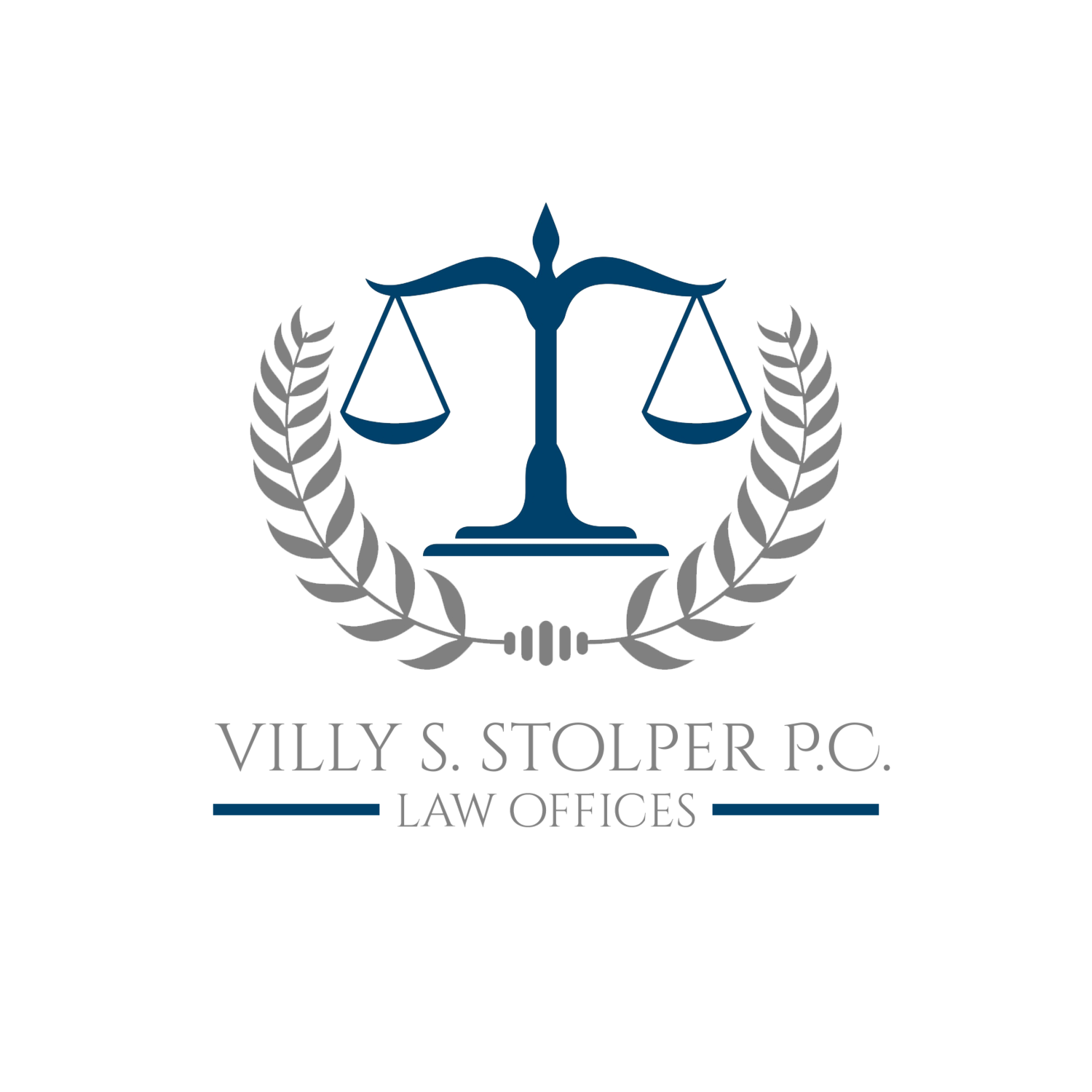Georgia Probation Violations: Technical, Special Condition, and New Offense Explained
Why Understanding Probation Violations Matters
Probation is often seen as a second chance—a way to serve a sentence in the community instead of behind bars. But that second chance comes with rules. In Georgia, violating those rules can have serious consequences, ranging from a warning to serving the remainder of your sentence in jail or prison.
Not all probation violations are treated the same. Judges and probation officers look closely at the type of violation and the circumstances before deciding on the outcome. In Georgia, violations generally fall into three categories: technical violations, violations of a special condition, and substantive (new offense) violations.
Technical Probation Violations
A technical violation happens when you break one of the general conditions of probation—rules that apply to everyone on probation—without committing a new criminal offense.
Missing a scheduled meeting with your probation officer
Failing to pay court-ordered fines or restitution on time
Missing curfew or failing to update your address or employment
Possible Consequences
While these violations may seem minor, they can still lead to:
Warnings from your probation officer
Additional reporting requirements or community service
A formal probation revocation hearing, where a judge decides if you’ll serve more time in custody
Violations of a Special Condition
Special conditions are unique requirements ordered by the judge in your specific case. They’re often designed to address the underlying issues related to your charges.
Failing to complete a court-ordered substance abuse program
Traveling out of state without prior permission
Entering a restricted area, such as a victim’s home or workplace
Not completing mandatory community service hours
Possible Consequences
Judges often view breaking a special condition more seriously because it violates a direct, case-specific order. This can lead to:
Increased probation supervision
Extended probation terms
Revocation and incarceration
Substantive (New Offense) Violations
A substantive violation occurs when you commit a new criminal offense while on probation. This is considered the most serious type of violation.
Getting arrested for DUI
Being charged with theft, assault, or drug possession
Any other criminal offense committed during your probation period
Possible Consequences
A new offense can result in:
Facing charges for the new crime and a probation violation
Revocation of your probation, often with the maximum remaining sentence imposed
Increased difficulty in negotiating leniency with the court
Common Misunderstandings About Probation
“Only a new arrest counts as a violation.”
False. Technical and special condition violations can be enough to land you in a revocation hearing.“If it’s a small rule, they won’t care.”
Even minor violations can add up and lead to harsher penalties.“I can explain myself later.”
The safest approach is to speak to a lawyer before discussing your violation with anyone in the justice system.
How to Respond to Any Violation
Immediate Steps
Contact an attorney immediately—before you speak to your probation officer about the violation.
Gather documentation showing compliance or reasons for non-compliance (receipts, proof of attendance, medical notes, etc.).
Best Practices for Damage Control
Avoid further violations while your case is pending.
Attend all scheduled hearings and meetings on time.
Be prepared to offer solutions (such as enrolling in a program) to show you’re serious about compliance.
Protecting Your Second Chance
Whether you’ve missed a meeting, failed a special condition, or been accused of a new crime, a probation violation is not something to take lightly. The earlier you involve an experienced defense attorney, the more options you’ll have to protect your freedom.
As a former prosecutor, Villy Stolper understands how judges evaluate violations and what steps can make the difference between staying on probation and serving time. If you’re facing a probation violation in Georgia, don’t wait—get the guidance you need now.

